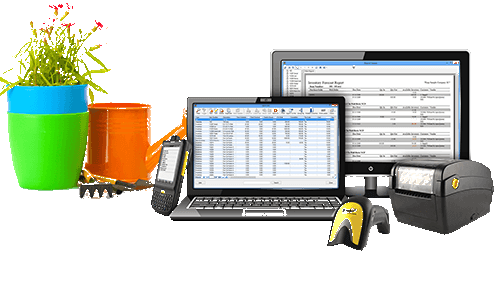In today’s fast-paced business world, managing inventory efficiently is crucial for the success of any small business. With the rise of e-commerce and online shopping, small businesses need to have a clear understanding of their inventory levels to meet customer demand while keeping costs low. Luckily, there are a variety of inventory management solutions available that can help small businesses streamline their operations and improve efficiency.
Benefits of Inventory Management Solutions
Implementing an inventory management solution can bring a multitude of benefits to small businesses. Some of the key advantages include:
– Improved Accuracy: By using technology to track inventory levels, small businesses can reduce human error and ensure that the right products are in stock.
– Cost Savings: Effective inventory management can help small businesses reduce overstocking and minimize carrying costs.
– Increased Efficiency: With real-time data on inventory levels, businesses can optimize their supply chain and streamline operations.
– Better Customer Service: By having the right products in stock and ready to ship, small businesses can improve customer satisfaction and loyalty.
Types of Inventory Management Solutions
There are several types of inventory management solutions available for small businesses to choose from, depending on their needs and budget. Some popular options include:
1. Inventory Management Software: There are a variety of software tools available that can help small businesses track inventory levels, manage orders, and generate reports. Some popular inventory management software options include TradeGecko, Zoho Inventory, and QuickBooks.
2. Barcode Scanning Systems: Barcode scanning systems allow small businesses to track inventory levels in real-time and streamline the receiving and shipping process. By scanning barcodes with a handheld device, businesses can update inventory levels instantly and reduce errors.
3. RFID Technology: Radio Frequency Identification (RFID) technology is a more advanced option that uses radio waves to track inventory items. RFID tags can be attached to products or containers, allowing businesses to easily track and locate items in the warehouse.
Considerations for Choosing an Inventory Management Solution
When selecting an inventory management solution for your small business, there are several factors to consider:
– Scalability: Choose a solution that can grow with your business and accommodate increasing inventory levels.
– Integration: Look for a solution that can integrate with other systems such as accounting software or e-commerce platforms.
– Ease of Use: Consider the user-friendliness of the software and whether it meets the needs of your team members.
– Cost: Evaluate the cost of the solution and determine if it aligns with your budget and expected return on investment.
Conclusion
Effective inventory management is essential for the success of small businesses in today’s competitive marketplace. By implementing the right inventory management solution, small businesses can streamline operations, reduce costs, and improve customer satisfaction. Whether you choose inventory management software, barcode scanning systems, or RFID technology, investing in the right solution can help your business thrive in the digital age.


